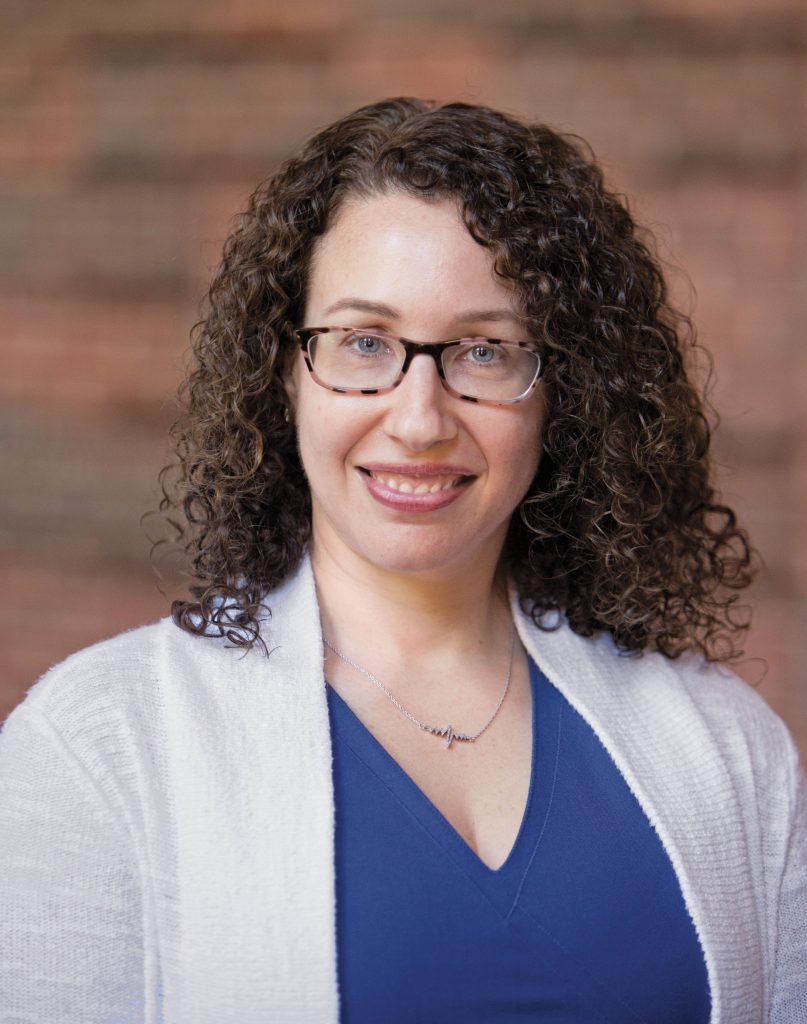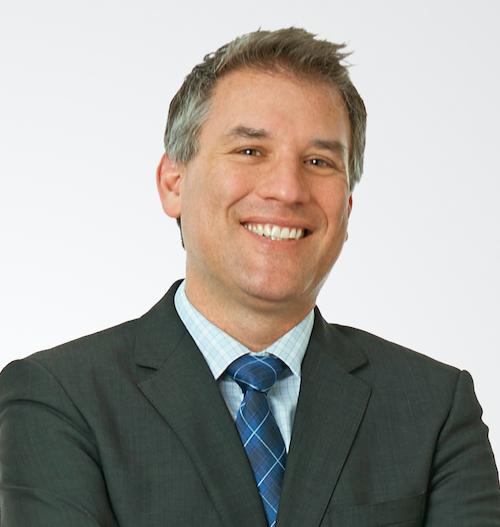Jeanne Fromer and Christopher Sprigman of NYU Law School recently published their new casebook Copyright Law: Cases and Materials as an open access work. A PDF of the book is freely available to everyone to read and download under a Creative Commons license, and may also be purchased as a low-cost print-on-demand book. Instructors who register on the site can also access model syllabi and participate in a discussion forum.
In this Q&A, we asked them about publishing the casebook openly instead of as a traditional textbook, and the benefits of that decision.
Authors Alliance: Given the many incentives to publish textbooks via traditional channels, why did you choose open access for Copyright Law?
Jeanne Fromer and Christopher Sprigman: As law professors, we are concerned about the high price of law school textbooks. Many of our students are already taking on significant debt to fund their law school education. The high cost of commercially-published textbooks makes a tough situation worse. We wanted to see if we could provide a high-quality textbook, in both digital and print formats, that would provide professors and students with a free or low-cost option.
AuAll: How did you select which Creative Commons license to apply?
JF & CS: We chose a Creative Commons Attribution-NonCommercial-NoDerivatives (CC-BY-NC-ND) license. We selected a non-commercial license because we didn’t want people charging money for a book that we meant to be available for free (or, in printed form, at cost). And we selected a license that restricted derivatives because we did not want people altering our book to express views on copyright law that we would not endorse, while attributing those views (misleadingly) to us. Just to be clear, we are willing to approve most derivative works. For example, we are willing to approve derivatives that re-arrange our materials in ways that particular professors find helpful. All people have to do is email us, tell us what they want to do, and so long as we feel that it fairly represents our views, we’ll approve.
AuAll: What results do you see from publishing your books openly? What do you see as the pros and cons of embracing this model?
JF & CS: Since we released the book a few weeks ago, we’ve learned of adoptions by professors at Cardozo School of Law, Case Western Reserve University School of Law, Harvard Law School, National Law University Delhi, New York University School of Law, Northwestern Pritzker School of Law, Notre Dame Law School, Saint Louis University School of Law, University of California, Berkeley School of Law, University of New Hampshire Franklin Pierce School of Law, and William & Mary Law School. We are very grateful to the professors who have adopted it thus far.
The pros of publishing the book under a CC license are pretty obvious: we get the book out there at no cost for those who download it from our website and at very low cost for those who order a printed copy from Amazon. There another important benefit: we can update our book more frequently than is typical for commercially-published textbooks.
As for cons … it’s difficult to think of any. We don’t think that commercial textbook publishers do much editorial work to make their casebooks better. They are mostly marketing organizations … and, frankly, between us we know most of the people who teach copyright in the U.S. and many who teach it internationally, and we find it easy to reach them. For those reasons, a commercial publisher’s marketing capacity isn’t very useful to us, as it likely would not be to most legal academics.
AuAll: Could you share some lessons learned and/or other suggestions for authors on how they can make their works available in the ways that they want?
JF & CS: One lesson is that it’s fun to write a textbook with a friend! We both enjoyed working on this together. Another lesson is that writing a textbook isn’t quite the slog that people may think it is. We spent a lot of time structuring the book and selecting and editing cases, and doing so gave us a nice opportunity to think anew about which cases – and which parts of cases – were most important and most helpful to students. And then we spent a good bit of time writing the parts of the book that frame the important questions in copyright law. There is a good deal of creativity involved in how you do this … you have to be clear, and thought-provoking, and engaging, and fair. At the end of this process, we’ve produced a casebook that we feel proud of.
AuAll: We are pleased to count both of you among the members of Authors Alliance. Could you say a few words about the value you find as a member?
JF & CS: We both appreciate the work of Authors Alliance, an organization that works on behalf of authors who write to be read. We are both very much in that camp: we’ve written our textbook because we value our role as teachers and scholars, and we want to lower the barriers to students who are interested in learning about copyright law. There are a lot of authors whose motivations are similar to ours, and Authors Alliance speaks for them.
Jeanne Fromer is Professor of Law at NYU, specializing in intellectual property including copyright, patent, trademark, trade secret, and design protection laws. She is a faculty co-director of the Engelberg Center on Innovation Law & Policy.
Christopher Jon Sprigman is Professor of Law at NYU, where he teaches intellectual property law, antitrust law, torts, and comparative constitutional law. His research focuses on how legal rules affect innovation and the deployment of new technologies.
Discover more from Authors Alliance
Subscribe to get the latest posts sent to your email.


